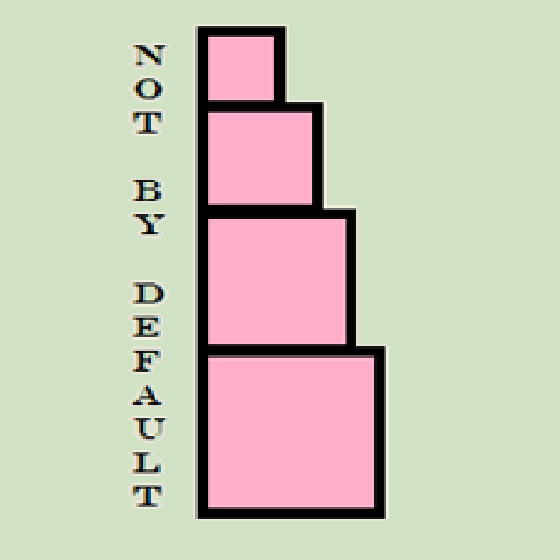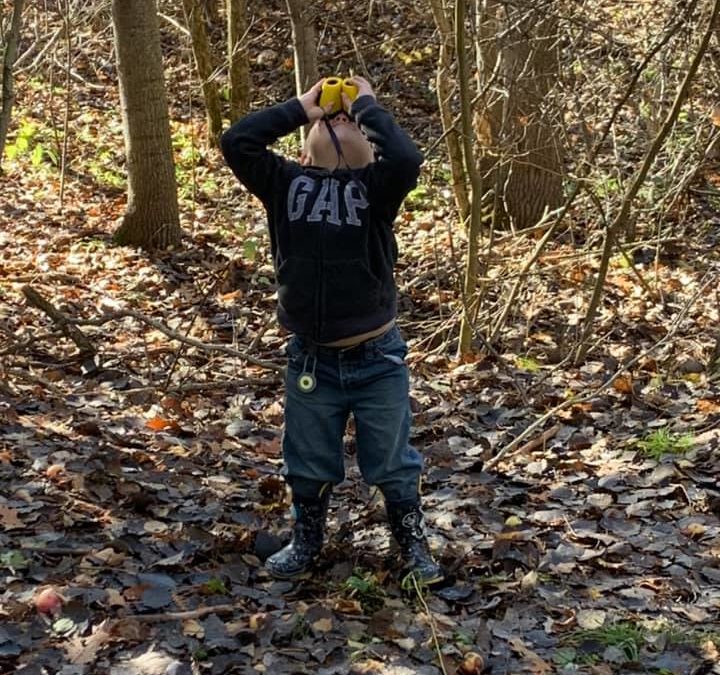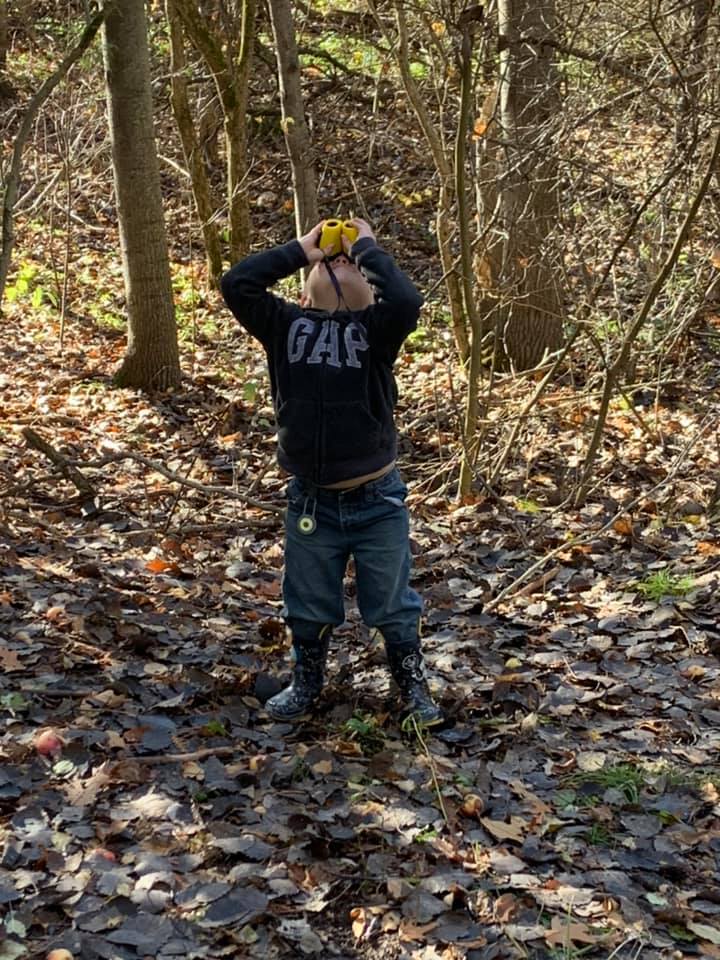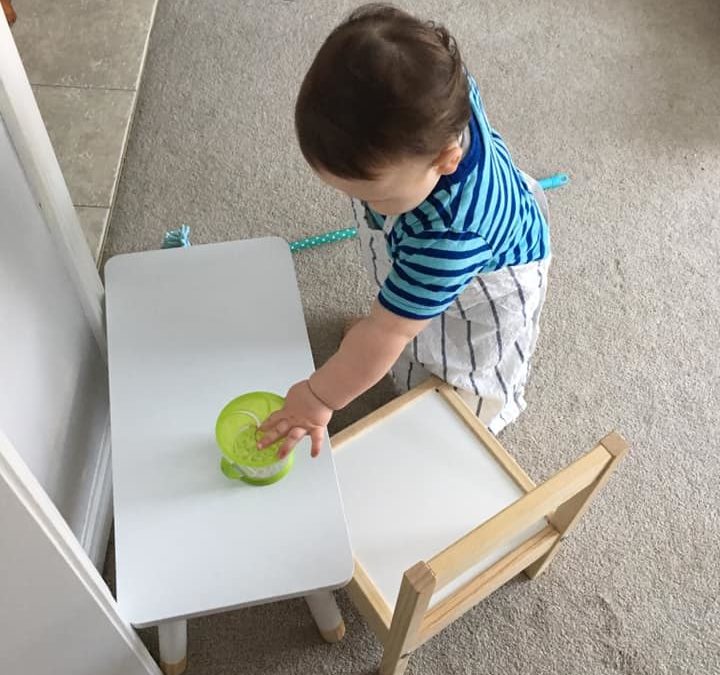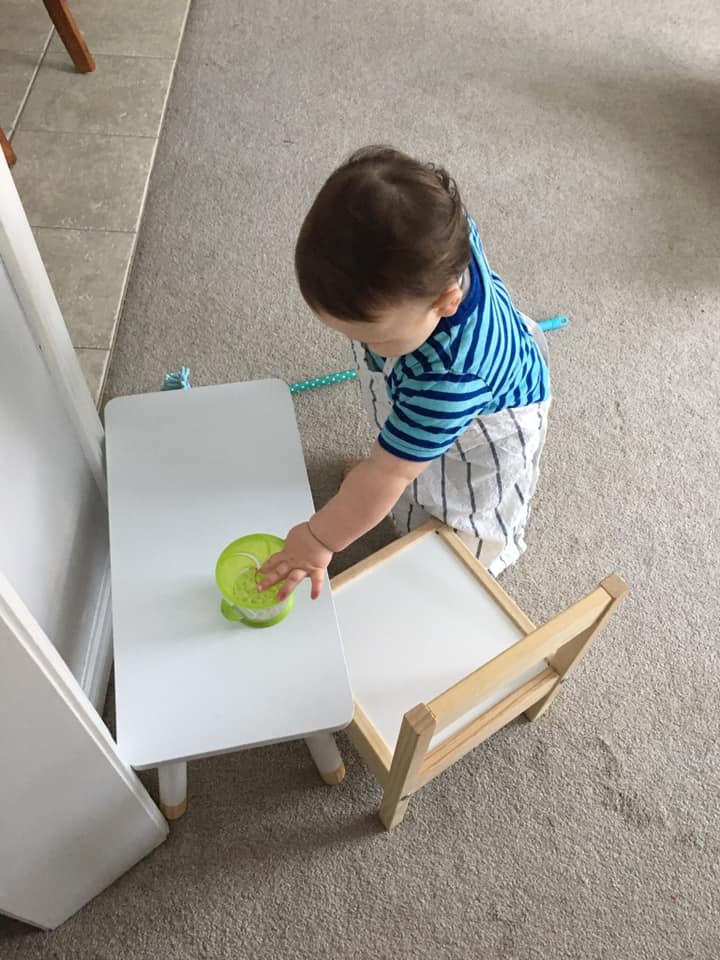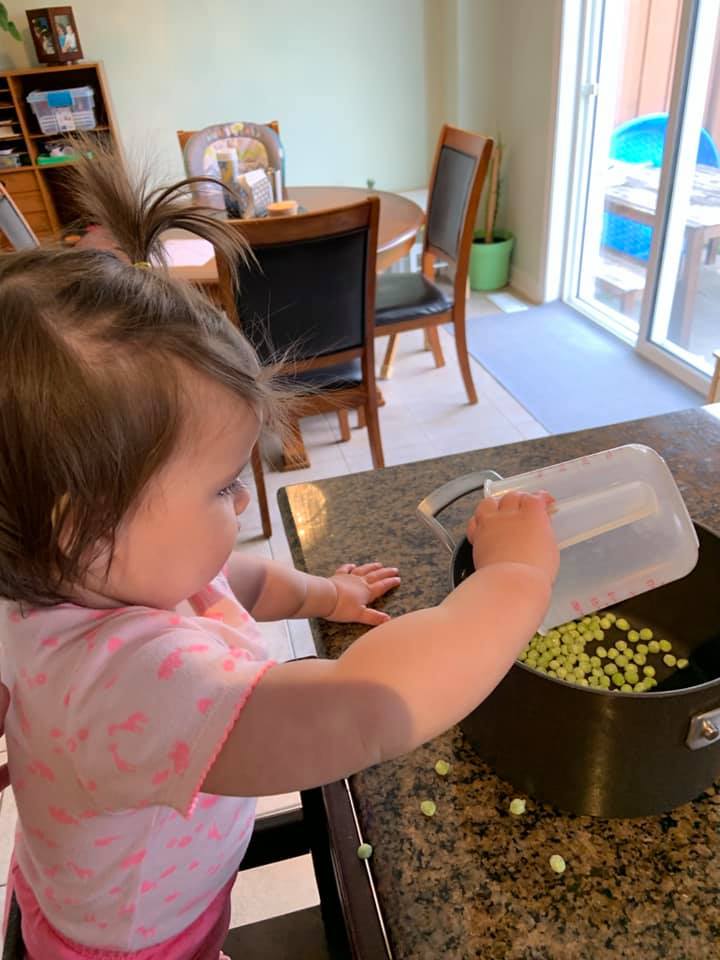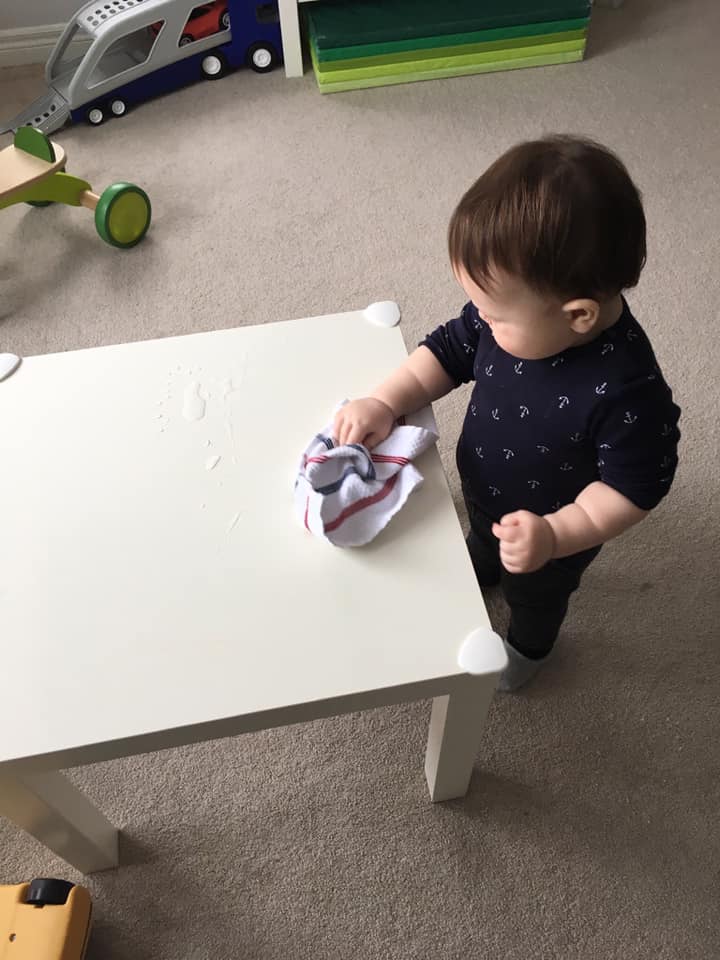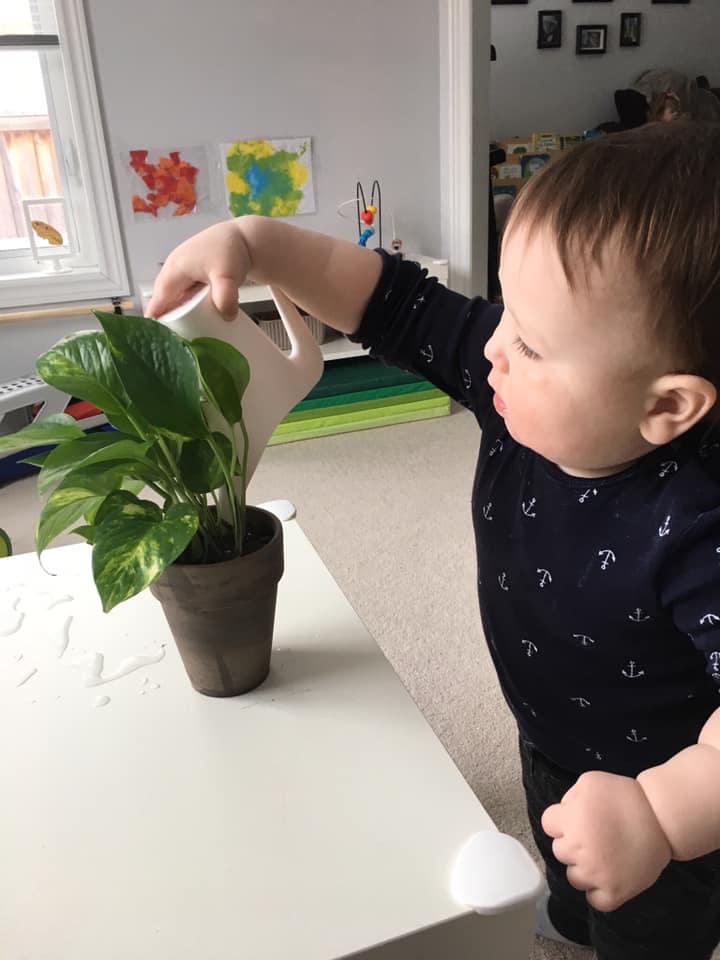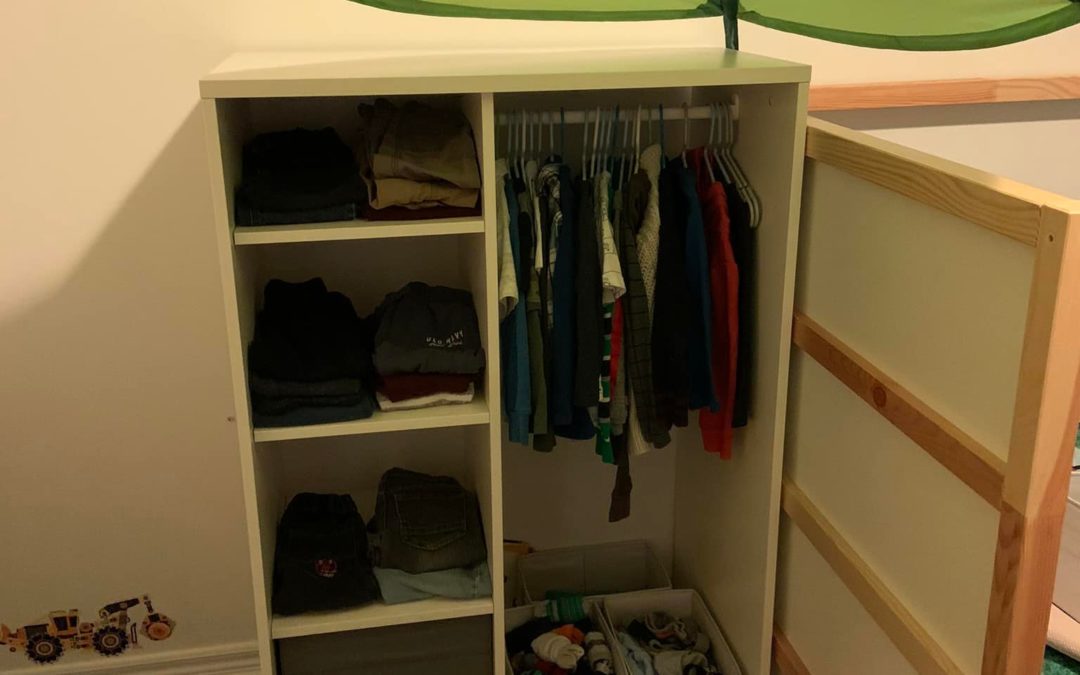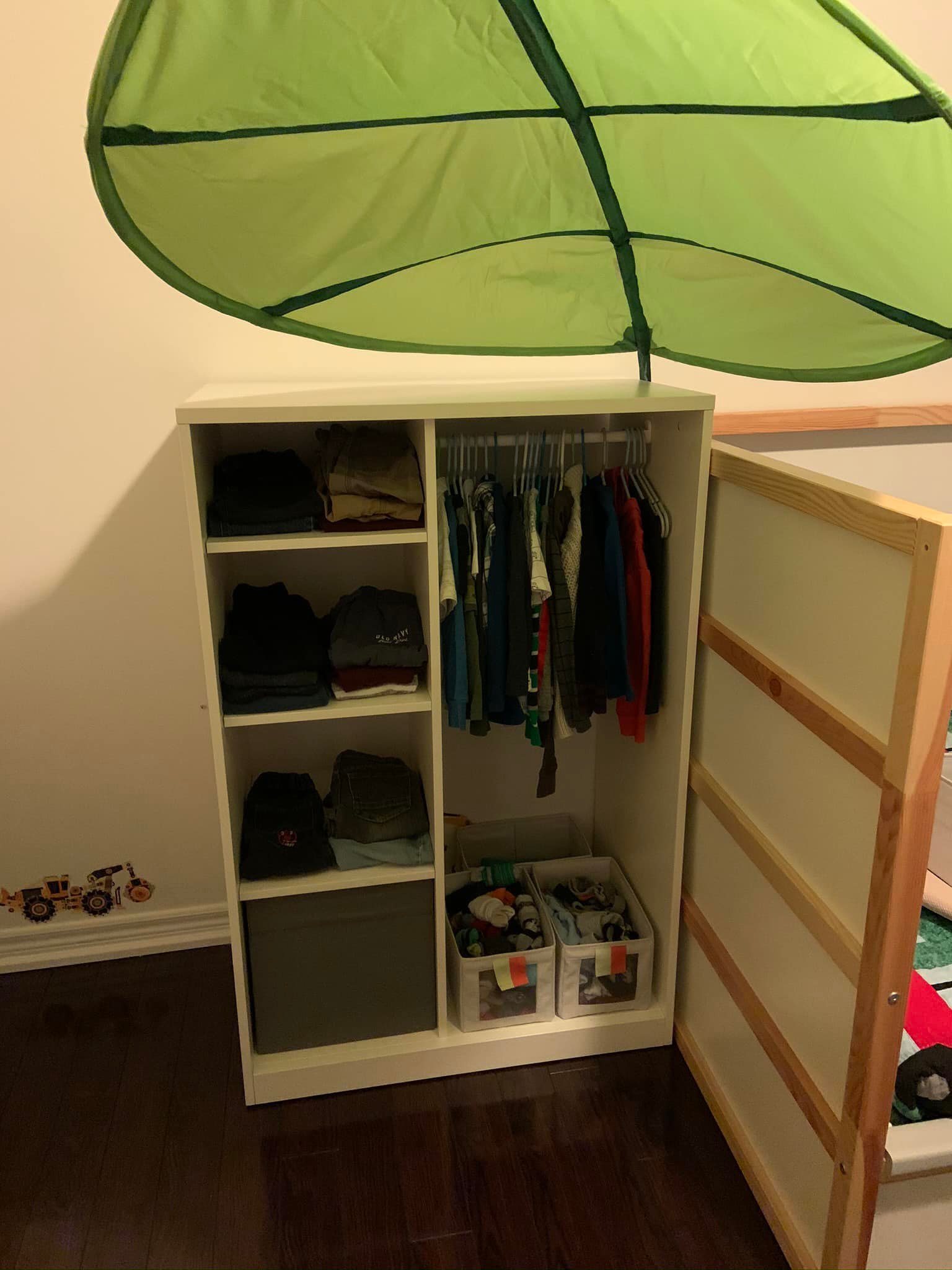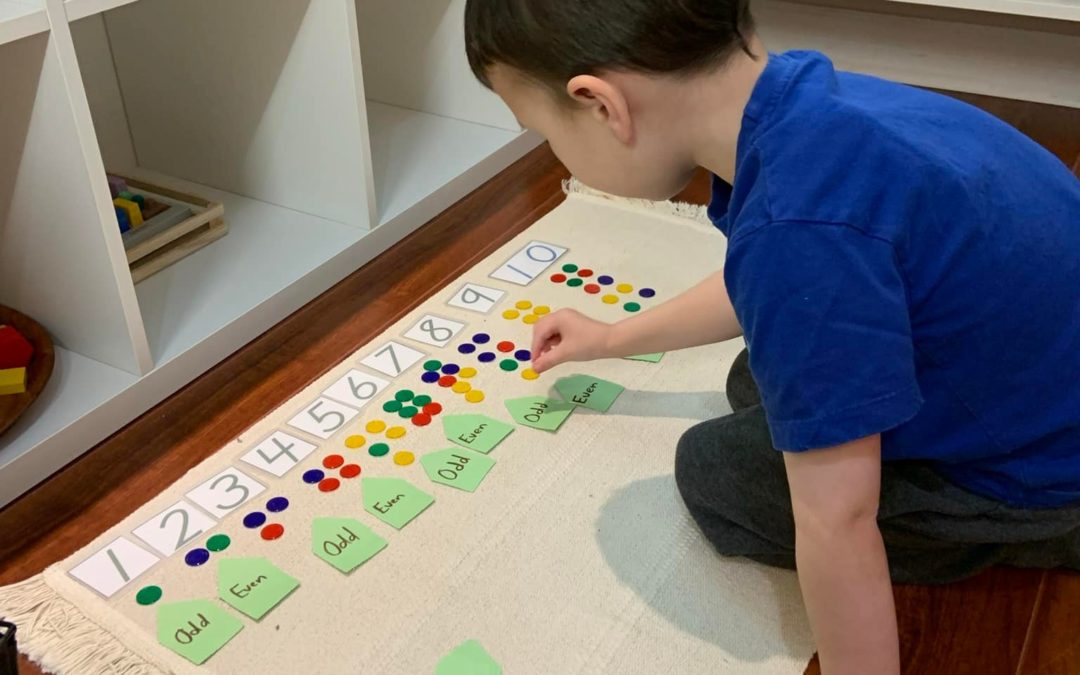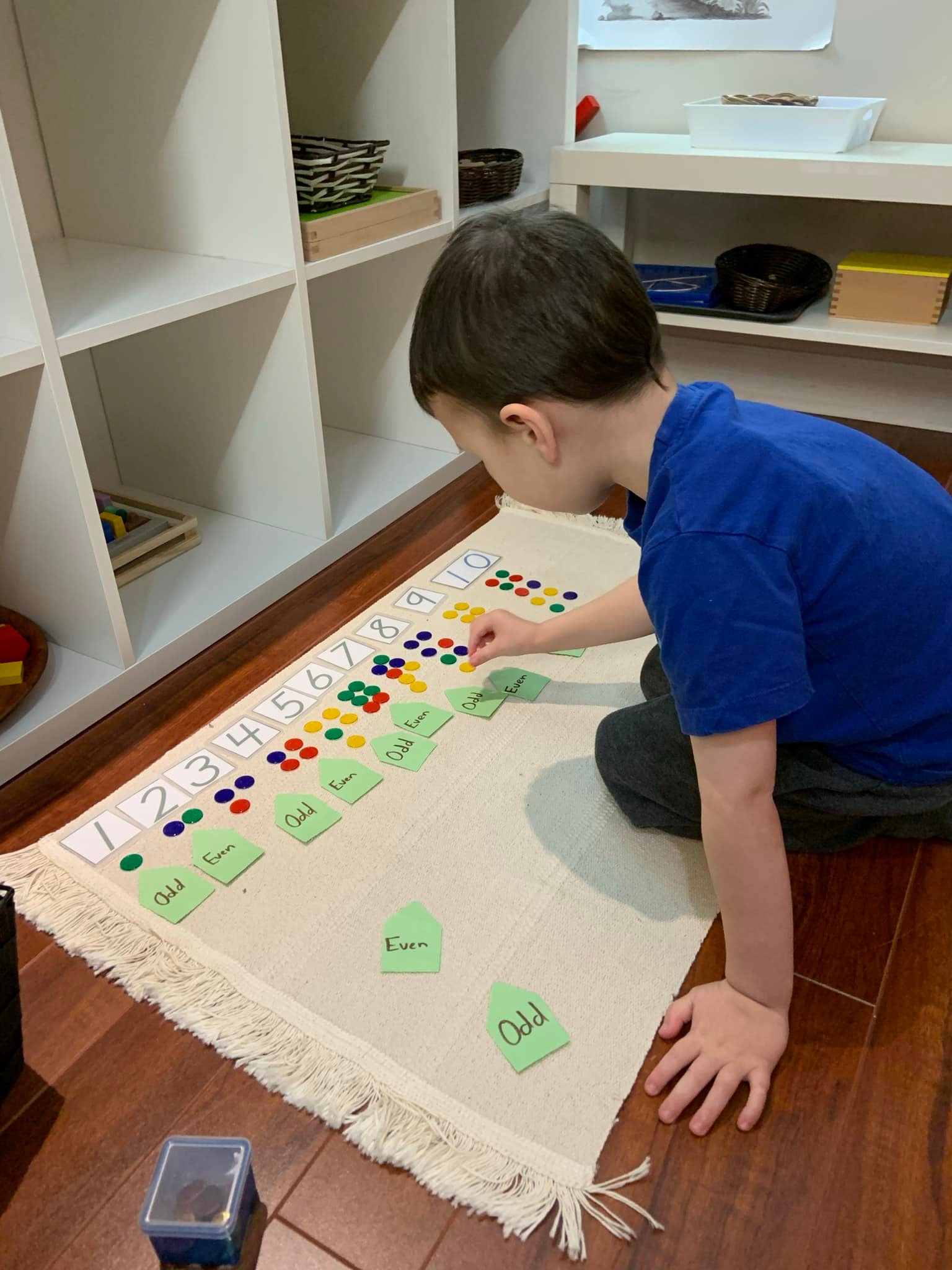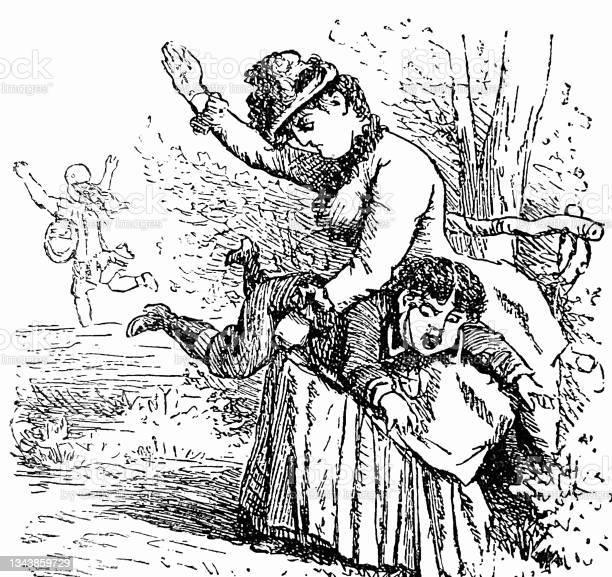
Spanking by Default
Of the many parenting conversations I have had over the years there is one moment that really sticks out to me. This is a moment of conversation when I felt so jarred, and so genuinely surprised that it made a profound impact on me. I think this conversation led to me making this site and to it’s name. Not By Default. It was during a meeting with my former Pastors as they attempted to convince me that spanking is a necessary parenting tool for all parents to use. I had said something along the lines of “How can we say spanking is necessary when we know it is harmful?” when I was cut of by both Pastors. “What do you mean harmful? Says who?” The reason it jarred me was because these were two well educated men, they took their professions seriously and as long as I had known them I believed that they generally held well researched opinions. I had assumed that their approach to parenting would have been just as well researched but instead they appeared to be parenting by default. The way that they had been parented and their book recommendations supported their default opinions. My response was not well put together, they could have just stated a firm belief in flat earth theory and I would not have been more surprised. “Says basically all the experts in fields related to children. There aren’t many who would disagree based on facts alone!” The conversation did not really go anywhere productive after that but it still haunts me. How could parents, who often believe they are doing the most important job of their lives not choose to read up on the impact their parenting may have? This is a question I really want to dig into over the next few weeks. This post is not going to be a deep dive in itself, but rather a series of questions that I would like to explore together.
First of all the big question take away from this experience. Is spanking harmful? I would also like to explore some of the objections people often make when they hear that spanking is potentially harmful to developing children. “I was spanked and I turned out fine”, but did you?. “Children need to know who is in charge”, isn’t this already clear? ” This is why children run wild these days, the jails are full of people who were not disciplined”, is that really true? The last question I will dig into is regarding the Book of Proverbs in the Bible, and I will be looking to find out if the Bible really commands parents to spank. I think given the tone of this post and the site in general you have likely guessed where I stand on this issue, but believe me this was not a default stance. I did a lot of reading, plenty of research, and talked to many parents along the way. I am excited to share all the answers that I have found satisfying soon!

